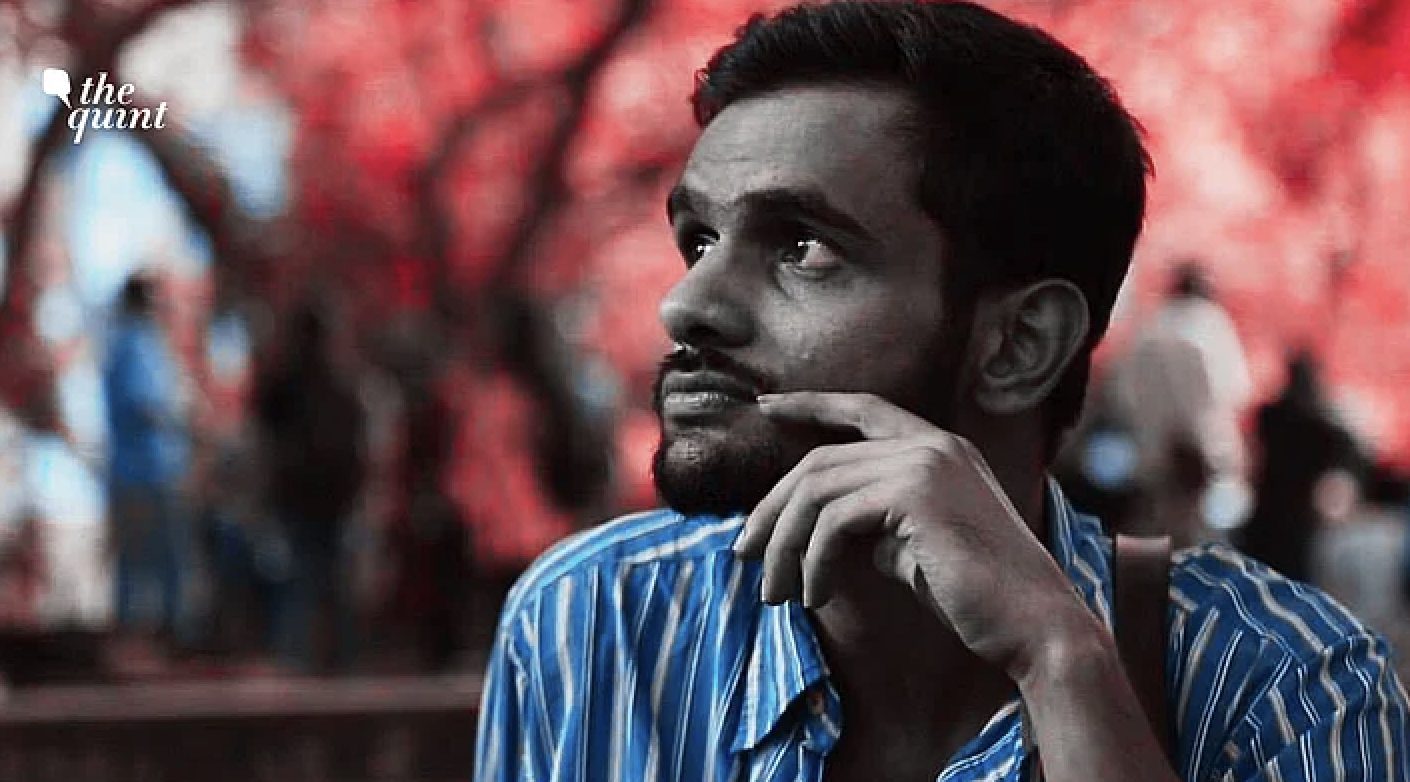
By Umar Khalid
A book I finished recently is Fyodor Dostoevsky’s The House of the Dead. It is a fictional account but one based on his real experiences of imprisonment in Tsarist Russia sometime in the mid 19th century.
Reading the book, the eeriest thought that came to me was how little has changed when it comes to experiences of imprisonment, even as the world has transformed in so many ways. Over 150 years have passed since the events described in the book, and also it is from a different part of the world, but at many places, I felt as if he was narrating things and occurrences that I see around myself here at Tihar.
At one place in the book, he quotes a fellow inmate reflecting about the state of imprisonment — “We are not alive though we are living and we are not in our graves though we are dead.”
I remember telling Ban (Anirban Bhattacharya) and Daisy some time back wherein I tried to describe how surreal it was to return to jail after my brief seven day interim bail. I had in fact invoked a Biblical story about jail being like the graveyard of the living. Interestingly, I hadn’t read the book back then.
There is indeed something about captivity that makes one feel like a state of somewhere between life and death. And if I had invoked the Biblical story to refer to it as “The Graveyard of the Living,” Dostoevsky titled his account The House of the Dead.
This story was originally published in thequint.com. Read the full story here.






